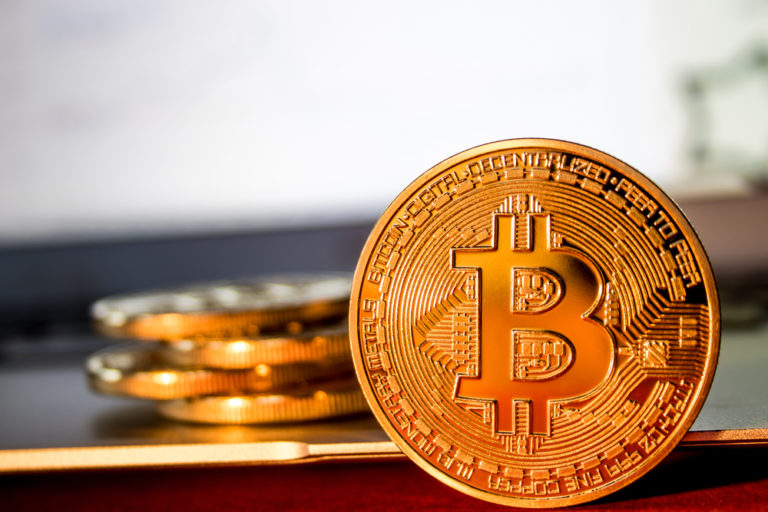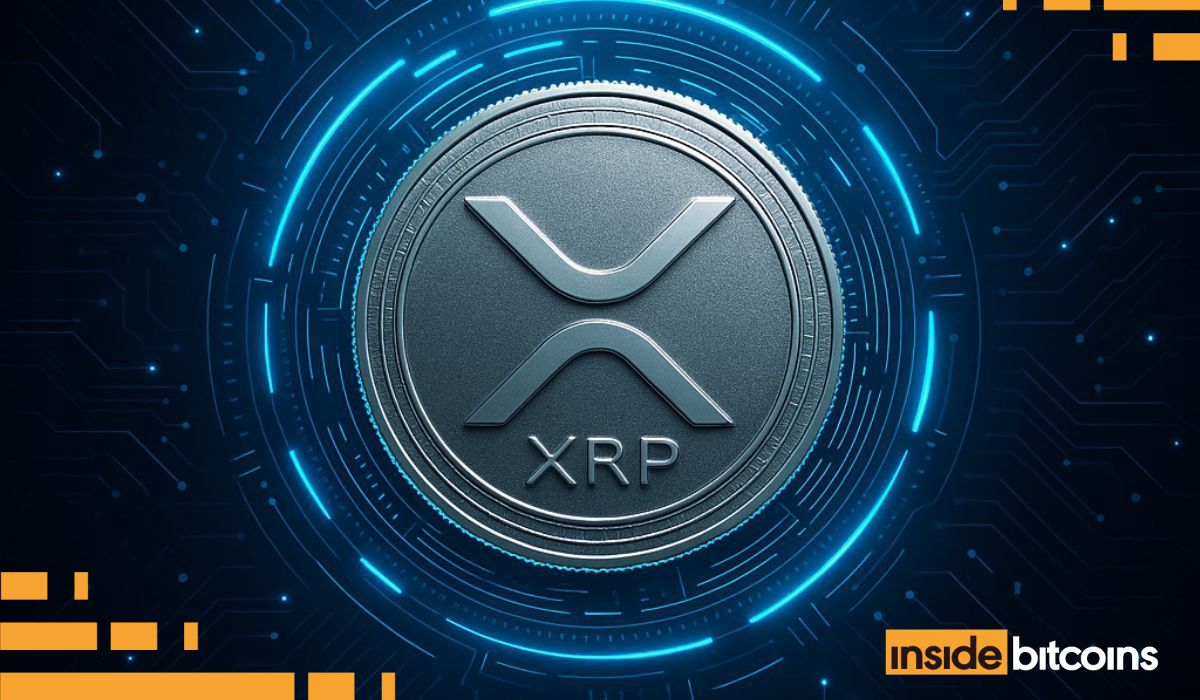2019-7-24 19:03 |
Despite predictions of its impending death, XRP experienced a brief bull run after the social media giant announced its long-awaited cryptocurrency. While other digital assets also rose, XRP’s performance was less expected, if only because Ripple and its token are widely considered to be among Libra’s closest competitors.
That doesn’t seem to trouble Brad Garlinghouse. In an appearance on Bloomberg, the Ripple CEO seemed to shrug at his newest competitor:
“Facebook’s a consumer company…..What Ripple’s doing is at the institutional level.We’re connecting banks….We had one of the best weeks in our history the week Libra was announced.”Brad Garlinghouse, CEO, Ripple LabsLibra is not the first Ripple killer to emerge and it won’t be the last. In fact, this particular competitor could actually enhance the credentials of Ripple and its token.
Zuck Buck Gets The Public on The TruckReaders who were in the crypto space prior to 2018 may remember a time when XRP was was the black sheep of the cryptocurrency family. As a project which seemed more interested in accelerating the banking system than replacing it, Ripple Labs was widely critiqued as a cynical corporate intrusion into the world of digital assets.
But Libra has now replaced XRP as decentralization’s bete noire. If trustlessness, permissionlessness, and decentralization are the Holy Trinity of crypto ideals, Libra – which will be controlled by an association including Visa, Mastercard, and Paypal – could be regarded as the industry’s Judas.
But, despite the protestations from Congress and the rest of the crypto-space, Facebook’s latest gambit will almost certainly bring more consumer interest into the industry of digital assets. Washington is finally taking note, as Crypto Briefing reported.
Centralized & Corporatized Coins Are No Threat to The Church of GarlinghouseWe have already witnessed what happens to blockchain and crypto projects created and controlled by parties that are not trusted. JPMorgan considered sunsetting Quorum and relaunching it as an independent company because the bank found it difficult to attract other companies to the platform.
Other merchant banks simply didn’t trust Jamie Dimon or JPMorgan enough to use a product they controlled. Dimon went on to create a cryptocurrency, the JPMorgan Coin, which many touted as a potential XRP killer. That hasn’t happened yet, and JPM Coin is so desperate to find use cases and users that Dimon has opened the doors to retail use – that is, non-bank use among the general public.
It was supposed to remain siloed within the bank’s own internal payment architecture. But Dimon boldly repivoted the coin to a widely useable virtual currency just like, well, XRP.
Even that hasn’t helped JPMCoin find adoption. Cryptocurrency thrives on the idea of trustlessness, and it’s hard to find someone less trusted than Jamie Dimon. Not even Ripple Labs.
Views From The Ripple Neutral ObservatoryRipple Labs’ target market is banks, but that doesn’t stop the rest of us from using XRP to transfer money to friends and family. The company may want the financial services sector to use its suite of products, but it is happy for retail users to do so as well.
In fact, in the wake of the Libra threat, Ripple Labs inked a deal with MoneyGram to broaden its appeal among those uninitiated to crypto. The tie-up is a win-win for both companies. MoneyGram gets a slice of the digital currency pie and Ripple expands the use case for XRP.
In an interview with CNBC, Brad Garlinghouse accused Facebook of ‘Silicon Valley arrogance’, arguing the giant failed to consult with regulators before releasing its currency. He also criticized Calibra’s claim that Libra marked the end of Western Union.
“It has to be done in a regulatory compliant way,” argued Brad Garlinghouse, who also took a stab at Bitcoin and Ether for being controlled by Chinese miners.
If Libra does bring more consumers into the crypto space, XRP is well-placed to benefit. With a fairly major fintech company standing (mostly) behind it, XRP could enjoy early-mover advantage among the users which Facebook attracts.
Purists might prefer to see that interest spill more widely, of course. To match the piqued institutional interest in Bitcoin, increased usage in any digital asset at the retail level could be bullish for the sector in general.
Libra may not be a perfect cryptocurrency, but it could become a widely-accessible gateway to the wider world of digital assets. For that reason, Facebook’s foray might be the best thing that ever happened to the industry.
The post Facebook’s Libra: A Gift To Ripple? appeared first on Crypto Briefing.
origin »Ripple (XRP) на Currencies.ru
|
|








